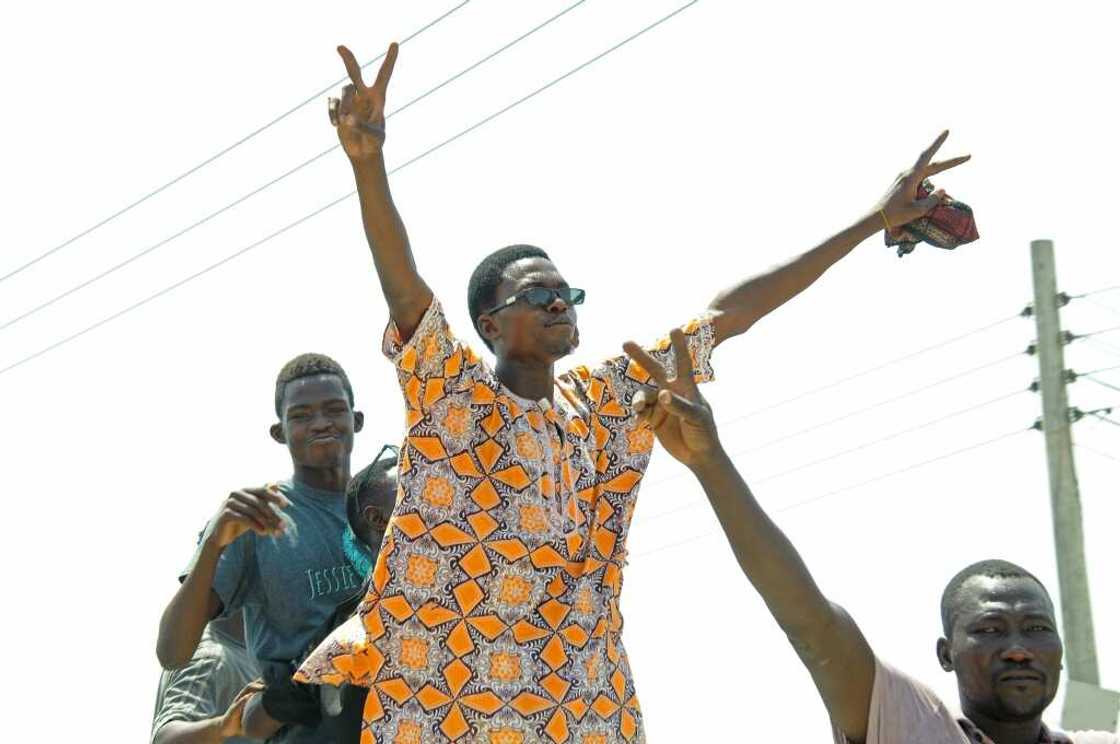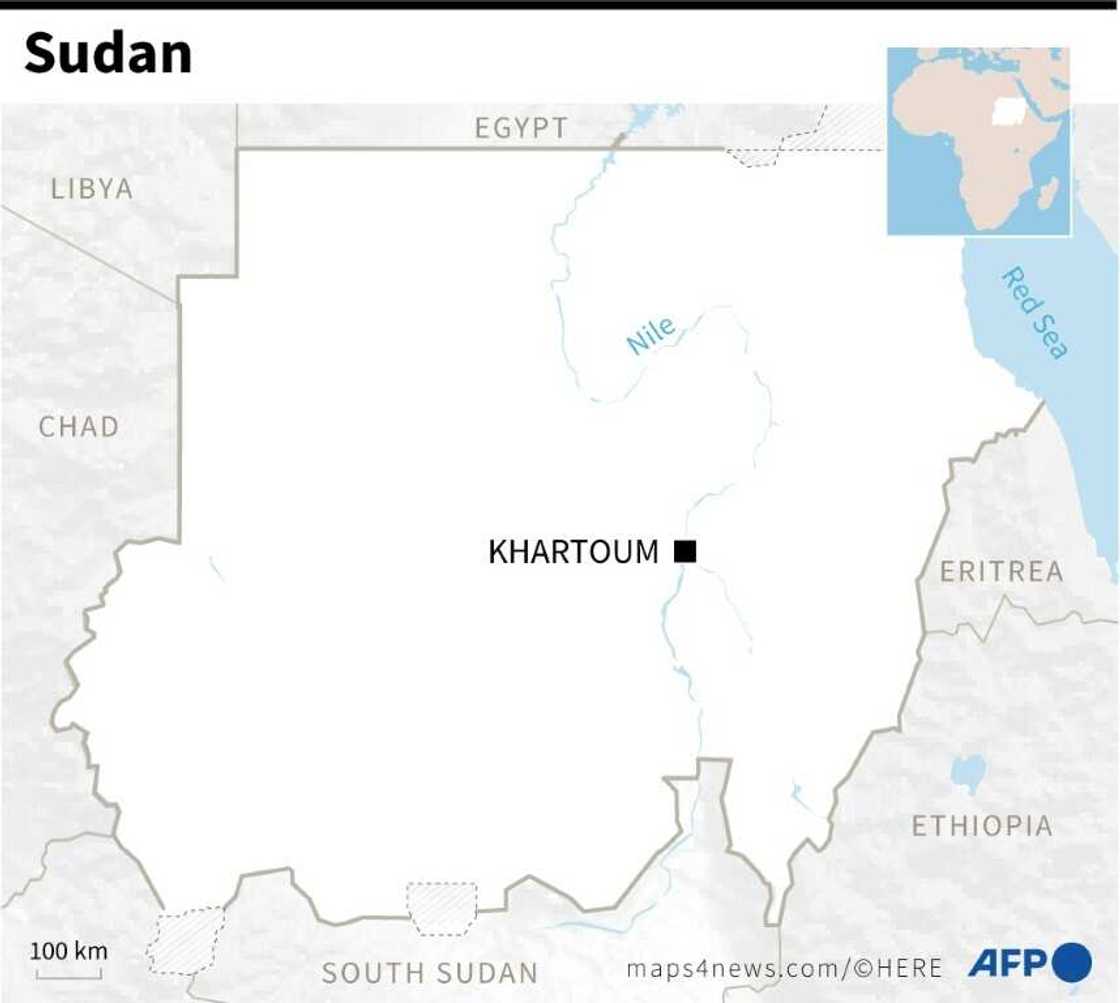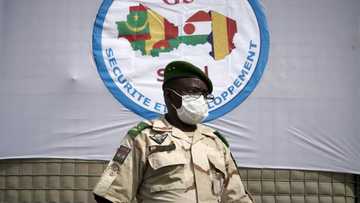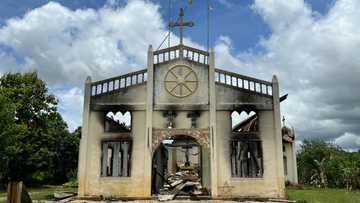Death toll from Sudan ethnic clashes rises to 105: official

Source: AFP
Ethnic clashes in a deadly land dispute in Sudan's Blue Nile state has killed 105 people and wounded 291, the state's health minister said Wednesday, providing a new toll.
Fighting broke out in the southern state which borders Ethiopia and South Sudan on July 11 between members of the Berti and Hausa ethnic groups.
Troops were deployed in the state on Saturday to stop the fighting, and "the situation is now calm," state health minister Jamal Nasser told AFP.
"The challenge now is in sheltering the displaced," Nasser said, speaking by telephone from the state capital al-Damazin, some 460 kilometres (285 miles) south of Khartoum.
The United Nations said Tuesday that more than 17,000 people have fled their homes from the fighting, with 14,000 "sheltering in three schools in al-Damazin."
But regional Hausa leader Mohamed Noureddine said he believed the death toll would rise further, with some people missing following the heavy fighting, which has seen houses torched.
PAY ATTENTION: Join Legit.ng Telegram channel! Never miss important updates!
"We cannot determine the number of victims, since there are corpses trapped under rubble," Noureddine said, who called from Blue Nile to speak to reporters at a press conference in Khartoum.
Another senior Hausa leader, Hafez Omar, accused local officials of being behind the violence, claiming that "government weapons" were used in the violence.
"We hold the governor responsible for what happened," Omar said, accusations rejected by the authorities.
Economic crisis

Source: AFP
In Sudan, deadly clashes regularly erupt over land, livestock and access to water and grazing, especially in areas still awash with weapons left over from decades of civil war.
The violence is the latest unrest to hit the northeast African nation, already reeling from months of mass demonstrations demanding the restoration of a transition to civilian rule following a military coup last year.
Sudan, one of the world's poorest countries and mired in an economic crisis that has deepened since an October coup led by army chief Abdel Fattah al-Burhan, has seen only rare interludes of civilian rule since independence.
Fighting in Blue Nile reportedly broke out after Bertis rejected a Hausa request to create a "civil authority to supervise access to land", a prominent Hausa member said.
But a senior Berti leader said the group was responding to a "violation" of their land by the Hausas.
Between January and March this year, the UN said aid was provided to 563,000 people in Blue Nile, a region still struggling to rebuild after years of heavy fighting during Sudan's devastating 1983-2005 civil war.
The latest violence in Blue Nile has sparked protests, with Hausa people taking to the streets in the capital Khartoum on Tuesday demanding "justice for the martyrs."
Thousands of Hausa also protested Tuesday in the key eastern cities of Gedaref, Kassala and Port Sudan, as well as El Obeid in North Kordofan.
Between January and March this year, the UN said aid was provided to 563,000 people in Blue Nile.
Source: AFP




